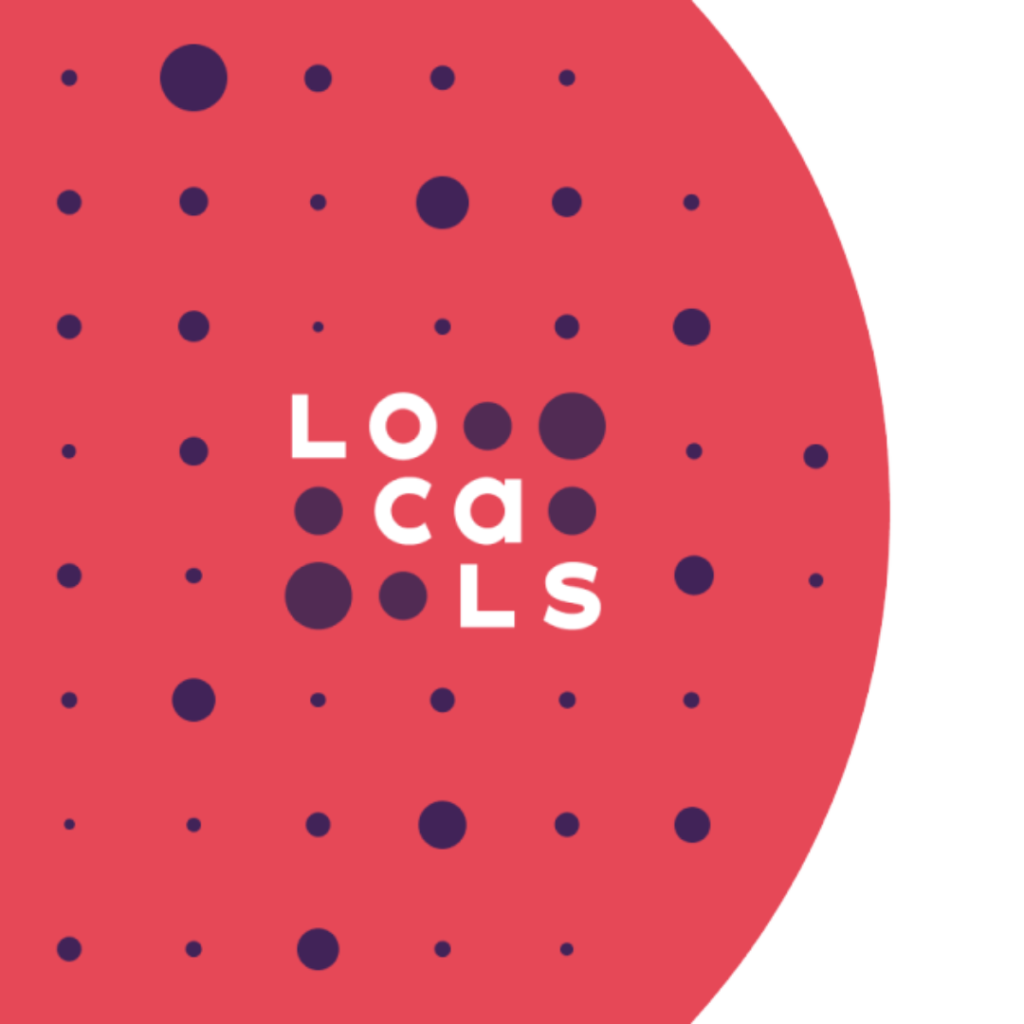Pursuing Someone with a Traumatic Past
This is part three of my four-part blog series on relationships after sexual abuse. So far, I have addressed revictimization and forming healthy relationships after abuse. This post will be aimed at helping anyone who is attempting to pursue a relationship (with the potential for marriage) with someone who has a traumatic past.
Learning that the person with whom you are considering marriage has suffered past abuse can be overwhelming and scary to hear. A million thoughts might be flooding your mind. You might feel anxious and uncomfortable and be unsure of what to say. The truth is, there is no “perfect thing” you can say in response. There is no perfect thing to say in a situation like this.
You really don’t have to say all that much in response. The reality is that you’re not going to solve anything just by talking. Just being there and listening without any blame whatsoever is sometimes enough. There is nothing you can do to “fix” things. There is nothing you “could have done” to protect your significant other. However, if you are looking for some basic, supportive things to say in response, here are some suggestions:
“I’m sorry that happened to you.”
“I’m here for you no matter what.”
“Thank you for telling me.”
“How can I help you?”
“Is there anything specific that you need me to do that will help?”

In addition to listening, what else you can do to help build healthy relationships after abuse?
Learn. Do research on trauma. Don’t be afraid to ask questions of a trusted individual. Consult a reputable book or mental health professional. Hopefully, your loved one has a good support system in place already. If so, you can perhaps lean on them for guidance. After all, you want to become part of the support system.
Show empathy and sensitivity. You need to show reliability. This is especially true if you envision spending the rest of your life with this person. Show them that they can trust you. He or she needs to be comfortable going to you with their burdens and not be afraid of any negative responses. If you are not a good support, then the relationship is more likely to fail in the long-run. If you’re in this for the long haul, please seek out the help you need! You want to be part of the solution and not part of the problem.
Be understanding. Understand that healing takes time. There is no quick and easy “fix” for someone who has suffered from any kind of abuse.
Be patient. Again, healing takes time. There are certain things (such as triggers) that anyone with a traumatic past may continue to struggle with. Triggers, bad memories, etc. aren’t just going to go away. These are things you need to, not only understand, but to be accepting of and patient with.
Be a protector. This is going to look different for every couple. If, for example, he or she was molested in the church rectory, you might try to avoid parking within view of the rectory. If they were assaulted while walking to their car after work, you might develop a plan where he or she calls you as they walk to their car. Even small gestures like these can help the survivor feel more protected, not to mention validated and valued. Be prepared to stand up for them. Not everyone is supportive, and some people can be downright cruel towards survivors.

You have the incredible opportunity to become part of someone’s healing journey. This special person in your life is allowing himself or herself to be vulnerable with you because he or she chose to be. They are inviting you in and that is no easy feat for a survivor! You can help them to build a new life by supporting them. You can become a protector for them. The power is in your hands to help that person to trust again. You can help someone with a traumatic past to rebuild their self-worth and help lead them to a better, brighter future…with you by their side.
Do you have a question about victimization and/or healing? Email me at AskASurvivor@ruthinstitute.org. Your name and personal information will never be used in my public responses.
About the Ruth Institute
The Ruth Institute is a global non-profit organization, leading an international interfaith coalition to defend the family and build a civilization of love.
Jennifer Roback Morse has a Ph.D. in economics and has taught at Yale and George Mason University. She is the author of The Sexual State and Love and Economics – It Takes a Family to Raise a Village.
To get more information or schedule an interview with Dr. Morse, contact media@ruthinstitute.org.





